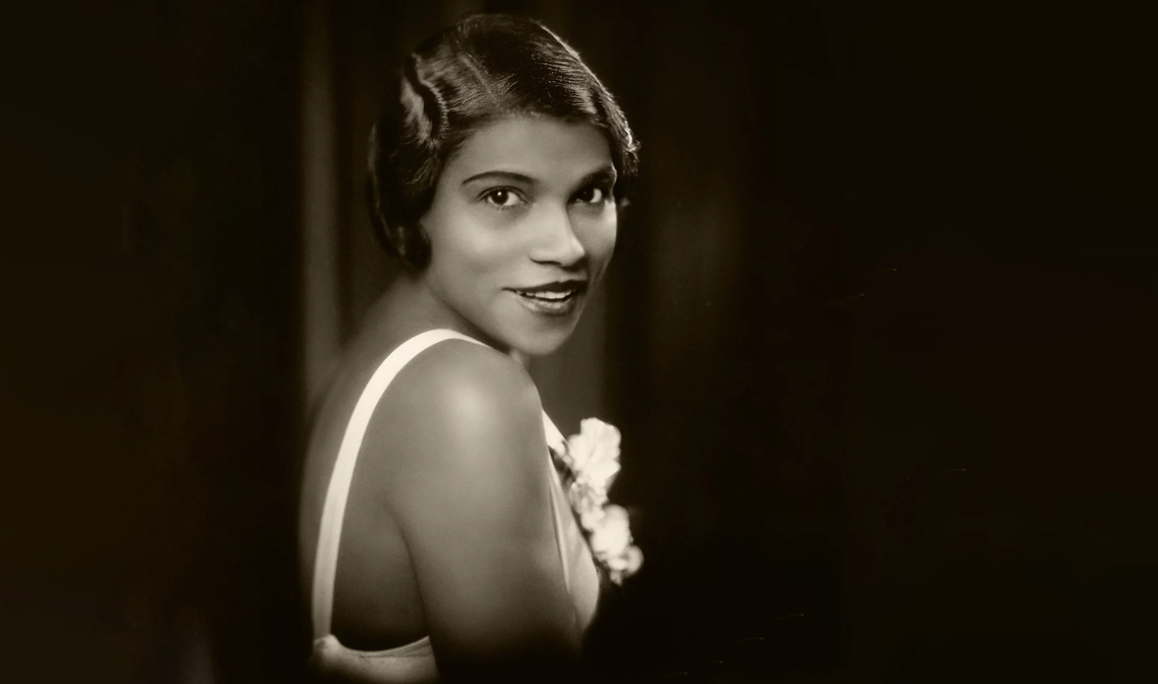on
MARIAN ANDERSON
-
FEBRUARY 14
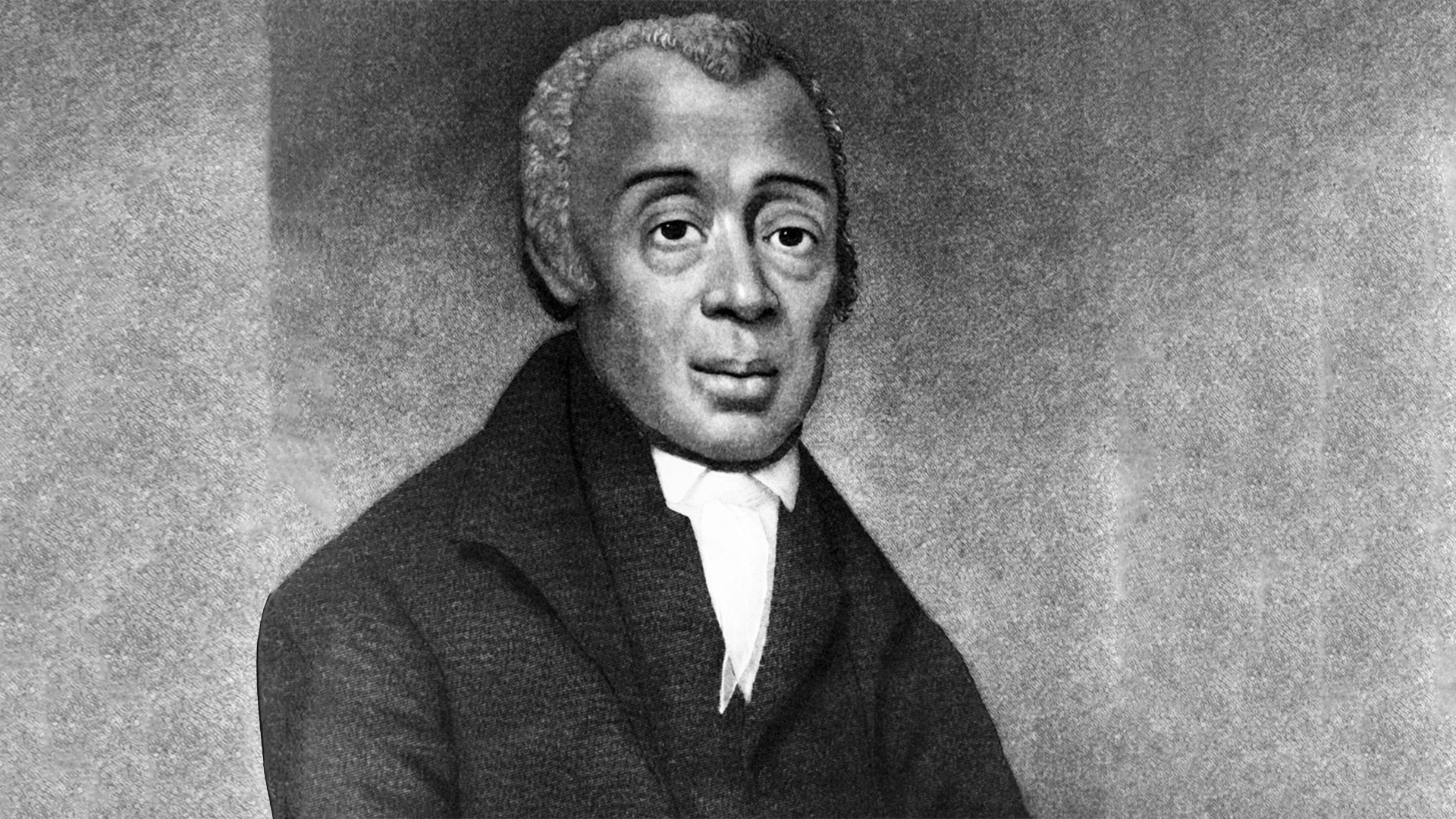
1760—The great religious leader Richard Allen is born in slavery in Philadelphia. After being required to sit in the back of a White church, Allen would go on to help found and become the first active bishop of the African Methodist Episcopal Church. Today, the church, one of the largest predominantly Black denominations in America, has more than 1 million members in the U.S., Canada, the Caribbean and Africa. Allen died in 1831.

1817—This is the most likely birthdate of abolitionist and orator Frederick Douglass. Douglass purchased his freedom in 1845 and went on to become the most influential Black leader of his day. He did most of his work while living in Rochester, N.Y. But after the Civil War, he moved to Washington, D.C.
1867—One of the nation’s most distinguished institutions of higher learning, Morehouse College, was founded on this day in Augusta, Ga., as the Augusta Institute. It moved to Atlanta in 1879 and became the Atlanta Baptist Seminary. It became “Morehouse” in 1913. Dr. Martin Luther King Jr. graduated from Morehouse.
1936—The National Negro Congress is organized on this day at a meeting in Chicago, Ill., attended by more than 800 delegates representing nearly 500 Black organizations. A. Phillip Randolph, head of the Brotherhood of Sleeping Car Porters, is elected president. One of the Congress’ chief aims was to generate national support for the “New Deal” legislation of President Franklin D. Roosevelt. The Chicago Defender described the Congress as “the most ambitious effort for bringing together members of the Race on any single issue.” Up until this time, most Black voters were Republicans. But the National Negro Congress and Roosevelt’s social betterment programs led to a massive African American switch to the Democratic Party.
-
FEBRUARY 15
1804—The New Jersey legislature passes a law leading to the gradual elimination of slavery in the state. However, the process was so gradual that there were still slaves in New Jersey right up to the start of the Civil War in 1860.
1851—In an extraordinary bold move for the times, a group of Black and White abolitionists invade a Boston courtroom and forcibly free a fugitive slave before he could be sent back to the South. Shadrach Minkins was hidden from slave-catchers and he later fled to Canada.
1961—A group of U.S. Blacks and African nationalists disrupt a session of the United Nations to protest the slaying of Patrice Lumumba in the Congo. Lumumba was one of Africa’s bright and shining stars. But his nationalism and socialism frightened some Western nations. It is widely believed that Belgium intelligence and America’s CIA arranged the killing of Lumumba.
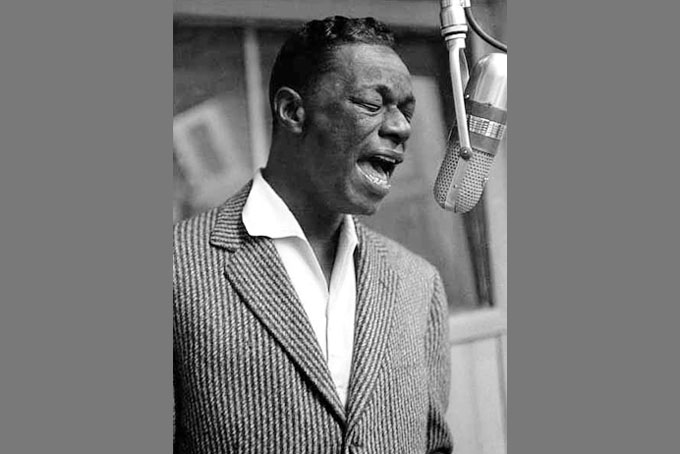
1965—Great singer and Jazz pianist Nat King Cole dies of lung cancer in Santa Monica, Calif. He was only 45. Cole was the first Black entertainer with his own radio program and later he became the first with a nationally televised TV variety show.
-
FEBRUARY 16
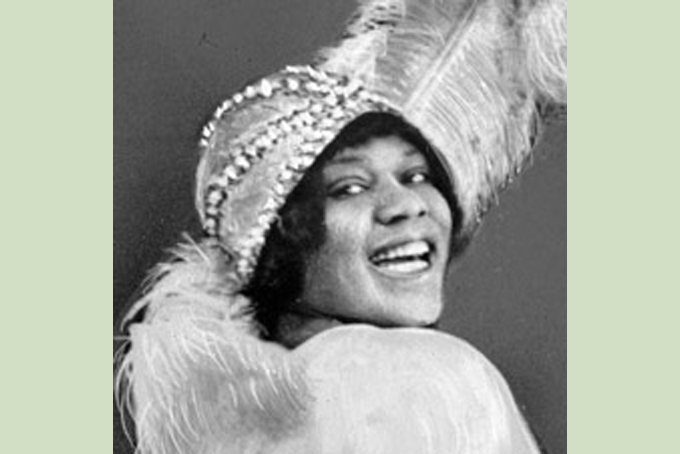
1923—The “Empress of the Blues” Bessie Smith makes her first recording—“Downhearted Blues”—which immediately sells more than 800,000 copies for Columbia Records and more than 2 million copies by the end of the year. Those were astounding numbers for those days. The Chattanooga, Tenn., born Smith used her sweeping and powerful voice to sing songs of Black culture and real life such as “Nobody Knows You When You Are Down And Out,” “St. Louis Blues,” “Give Me A Pig Foot And A Bottle Of Beer” and the controversial “Give Me A Reefer And A Gang Of Gin.” She died in an automobile accident in 1937 in Clarksdale, Miss. Early reports that her death was caused by Mississippi medical personnel who refused to treat her because she was Black have never been verified.
-
FEBRUARY 17
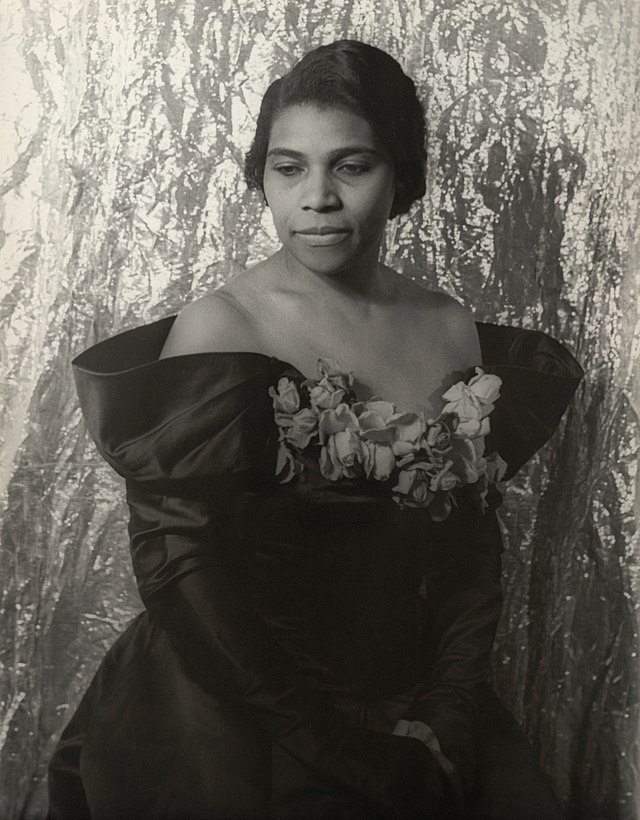
1902—Opera legend Marian Anderson is born in Philadelphia. Her tremendous operatic talent was revealed at 17 when she was entered into a New York Philharmonic competition and placed first among 299 entrants. Despite her fame she suffered from racist rejection. On Easter Sunday 1939, she performed an open air recital at the Lincoln Memorial because the all-White Daughters of the American Revolution refused to allow her to sing at Washington, D.C.’s Constitution Hall. (NOTE: Throughout her life Anderson gave her birth as Feb. 1902. However, newly discovered evidence suggests she was actually born Feb. 27, 1897.) She died April 8, 1993.
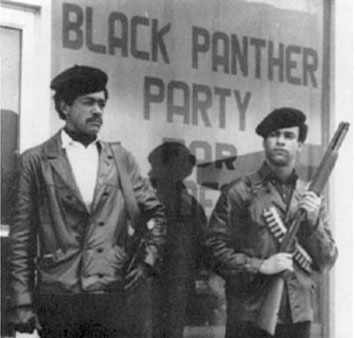
1942—Black Panther Party co-founder Huey P. Newton is born. The Panthers were perhaps the most militant Black organization of the 1960s. At its height, it had thousands of members in several major cities. But it was also the target of massive operations by the FBI and local police departments. Dozens of Panthers would be killed, often under suspicious circumstances. A little known fact, however, is that throughout it all, Newton, an illiterate high school dropout, taught himself to read and in 1980 earned a Ph.D. in social philosophy from the University of California, Santa Cruz. His dissertation was entitled, “War Against the Panthers—A Study of Repression in America.” Newton was found shot to death on an Oakland, Calif., street in 1989.
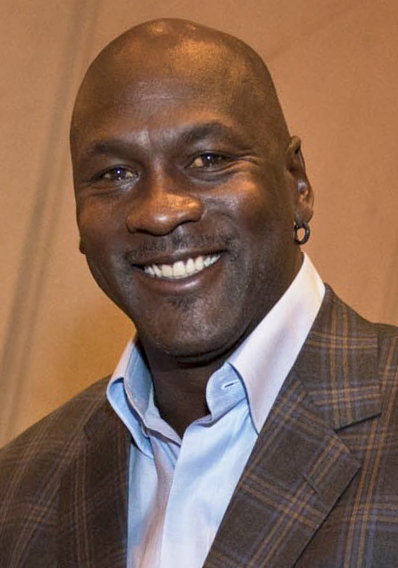
1963—Perhaps the greatest player to ever dribble a basketball, Michael Jordan, was born on this day in Brooklyn, N.Y. However, his family moved and he played high school basketball in Wilmington, N.C.
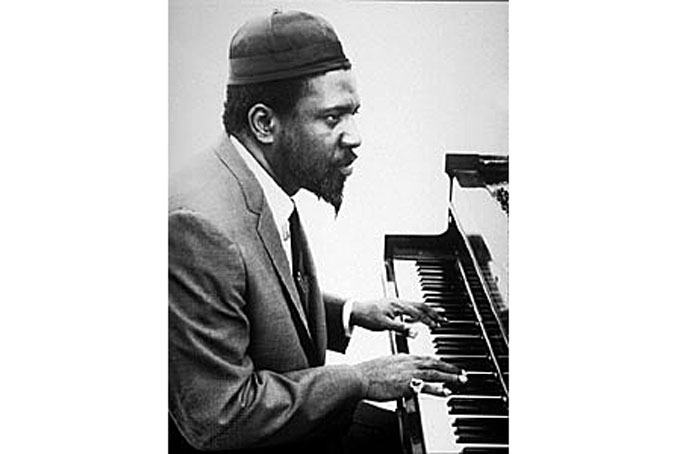
1982—The nation’s greatest Jazz pianist and composer Thelonious Monk dies. Born in Rocky Mount, N.C., Monk moved with his family to New York City when he was 4. His classic work was “Round Midnight.”

2006—African-American skater Shani Davis wins the men’s 1,000-meter speed-skating race in Turin, Italy. He became the first Black person to win an individual gold medal in the history of the Winter Olympics.
-
FEBRUARY 18
1688—The first formal protest against slavery is conducted by a group of Quakers in Germantown, Pa. They denounced slavery and the slave trade. The Quakers were perhaps the only religious group in America that never compromised and consistently opposed slavery.
1913—The Delta Sigma Theta Sorority was incorporated at Howard University.
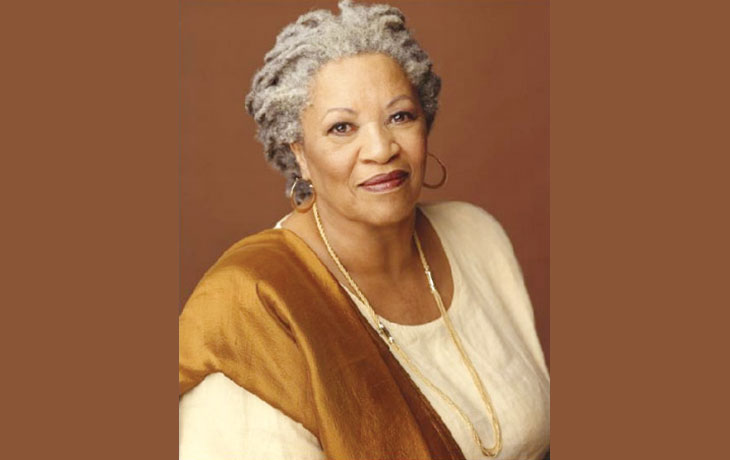
1931—Author Toni Morrison is born Chloe Anthony Wofford in Lorain, Ohio. She won the Pulitzer Prize for Literature in 1993 for her novel, “Beloved.”
-
FEBRUARY 19
1919—The “first” Pan African Congress is held bringing together prominent Blacks from throughout the world to chart a program for Black unity and betterment. African-American scholar and activist W.E.B. DuBois was the chief organizer. The gathering was held in Paris, France, and drew 57 distinguished delegates including 16 from the United States, 14 from Africa and others from the Caribbean, South America and Europe. (The 1919 Congress is considered by many the “first” but another such Congress had been organized in 1900.)

1940—Smokey Robinson is born William Robinson in Detroit, Mich. He formed “The Miracles” in 1955 while still in high school. With his voice and poetry of song, Robinson led The Miracles as the group became one of the all-time best record-sellers for Barry Gordy’s Motown music empire.
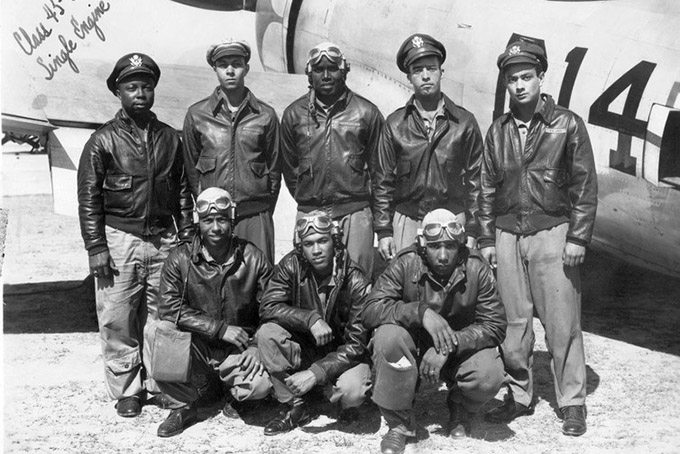
1942—The Tuskegee Airmen are activated for service in World War II. The all- Black pursuit squadron, later designated 99th Fighter Squadron, was organized and trained at Tuskegee Institute in Alabama. The squadron served with honors in Europe. During the war, the nearly 1,000 pilots who had been trained flew 15,000 sorties, destroyed 1,000 German aircraft and earned more than 150 Distinguished Flying Crosses.
-
FEBRUARY 20
1895—The great Black leader Frederick Douglass dies at 78 in Washington, D.C. Douglass was the foremost Black abolitionist struggling to end slavery in the mid-1800s. He used his great oratory skills and his abilities as a newspaper publisher on behalf of freedom and justice for Blacks. Most of his early work emanated from the Rochester, N.Y., area. But after the Civil War he moved to Washington, D.C. Douglass was the nation’s foremost Black leader for nearly 40 years.
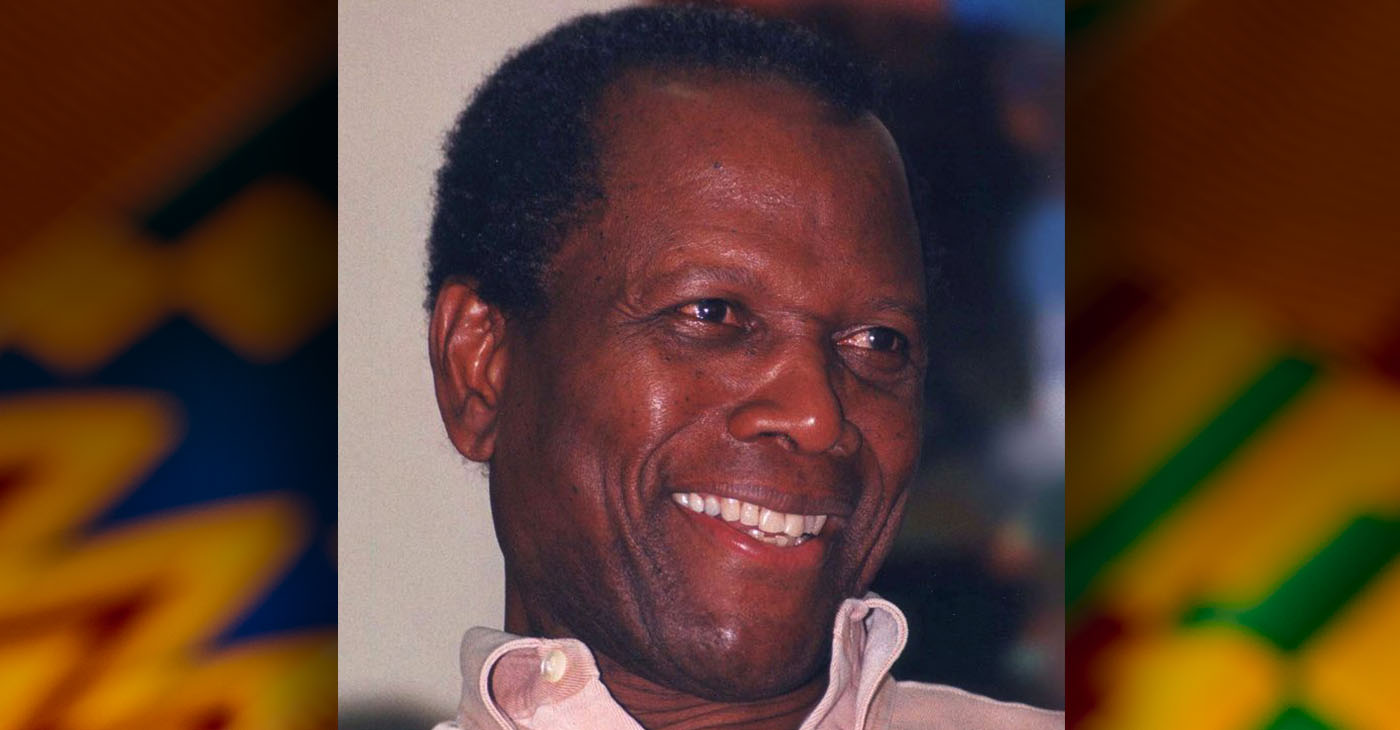
1927—Actor Sidney Poitier is born in Miami, Fla., and grows up on Cat Island in the Bahamas. However, by the early 1950s, he was establishing a career in movies. Indeed, it can be said that Poitier was the first Black actor to make it in mainstream movie roles without having to play stereotypical and often demeaning “Black roles.”
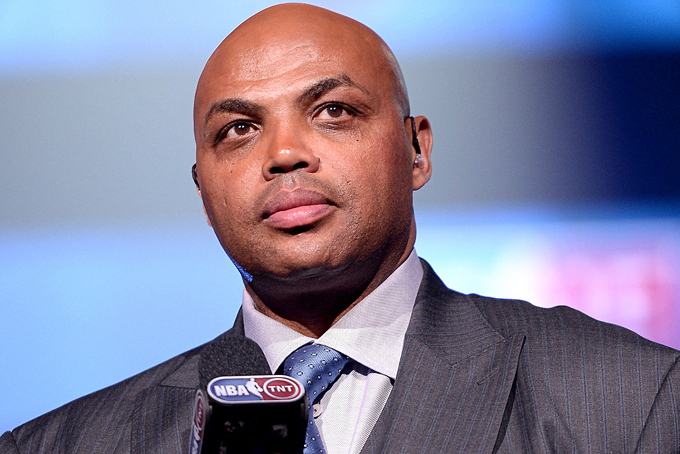
1963—Basketball great Charles Barkley is born on this day in Leeds, Ala.
Join our email list to stay connected.


